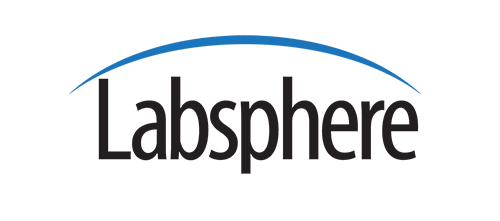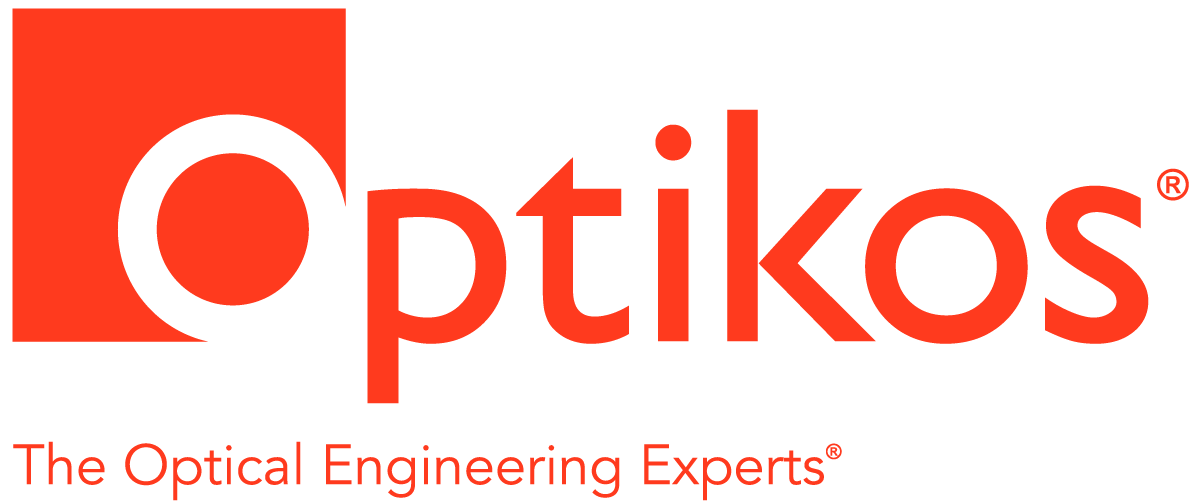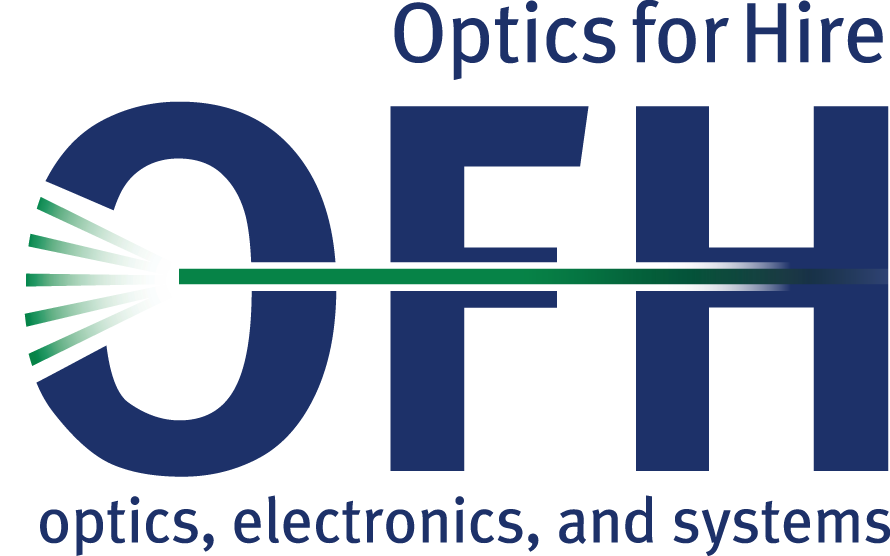 |
Location: | Rebecca's Cafe, 275 Grove St., Auburndale, MA 02466 |
| Dinner Reservation Deadline: | Monday, January 18, 2016 @ 6pm |
Challenges in Measuring Climate Change: Optics in Earth Observation & Remote Sensing
Climate change is a topic that brings up a lot of strong opinions and has center stage in media coverage. What is the verdict from the science community? The reality is that the community does have a good amount of data which indicates trends in our atmosphere that will change the way people live, but does not have the right data to conclusively prove the source of these changes. Climate change science is really only just beginning to get the instruments in place to answer the question of source of climate change definitively. While the US and global space agencies have many very good scientific assets in place in space, in the air, and on the ground, the climate is a truly massive, inter-related, complex and chaotic series of systems. Everyone has heard the axiom of “A butterfly flaps its wings in one location and a tornado erupt somewhere else in the world”…the holds true in the quantitative sense for science’s understanding the small changes that precipitate large destructive global weather events. Consequently, about (5) years ago NASA and other Earth Observation climatologists came to the daunting realization that to really get a data model that would hold any predictive power, they needed a massive amount of data, with a very low level of metrological uncertainty for a very long period of time. The realization has set a task for the earth observation community around the world: Get 25 Years of Data, with <2% Absolute Uncertainty, Globally. The infrastructure employed at that time was closer to 3-5% absolute scale – at best. On the ground, this is optical metrology at a national laboratory level of excellence. From the air, it is a daunting challenge. From space, this requires a whole new fleet of instruments, completely new techniques and massive coordination.
This talk will focus on the challenges that besets the Earth Observation science community in achieving this monumentally difficult and incredibly important task. Discussion will center on creating of a next generation of satellites and remote sensing measurement equipment to meet these challenges, the techniques that are being developed to provide the validation and verification of the space and airborne measurements, the challenges of <2% uncertainty characterization of the equipment and the global coordination that is just beginning to develop to support the collection of the data. Geopolitically, this also requires investment and cooperation that may, or may not, be achievable – the governmental engagement also affects the ability of the science community to even attempt some of these goals. Standards groups are now just forming to determine the needed level of regulation, specifications and data integrity. Data telemetry, data infrastructures and data techniques are also just beginning to create to deal with the huge amount of information that will need to be stored, normalized, sorted and processed. The Challenge to Earth Observation is a brave new world of opportunity and challenge for optical measurement and remote sensing technology.
Chris Durell, Labsphere
<Chris graduated from Cornell University with an BSEE in 1993 and finished his MBA at Franklin Pierce College in 2003. Chris was the VP of Sales for both Labsphere and SphereOptics and has lead efforts to design optical, light measurement and remote sensing systems and technology for over 15 years. He is a member of SPIE, IES, ASTM, CIE, CORM, ICDM and is a participant in CEOS/IVOS, QA4EO, IEEE and other remote sensing groups. He has several patents and has published papers in many applications of light metrology.
Reservations:
Please make online reservations via the link above.
Reservations may also be left on the answering machine at (617) 584-0266. We no longer have an email address for reservations due to SPAM.
When making reservation requests, please provide the following information:
- DINNER AND MEETING or meeting only
- Name(s) and membership status
- Daytime phone number where you can be reached (in case of change or cancellation)
Location:
Rebeccas Cafe (Located in back of the office complex)
275 Grove Street
Auburndale, MA 02466
(617) 969-3282
Networking—5:45 PM, Dinner—6:45, Meeting—7:30 PM.
Menu:
Vegetarian option available on request
Dinner Prices:
| Register on/before DINNER Reservation Date |
Late Reservations Based on Availability |
|
| NES/OSA Members and their guests | $30.00 each | $35.00 |
| Non-members | $35.00 (See NOTE Below) | $40.00 |
| Students | $5.00 | $5.00 |
| Post-Docs | $15.00 | $15.00 |
NOTE: The NES/OSA has not changed dinner prices in several years but has been facing higher costs. We have increased the cost of dinner by $5 this year. We will try to accommodate late reservations but cannot not guarantee that a meal will be available.
General Information on NES/OSA Meetings
Cancellations and No-shows:
If the meeting must be cancelled for any reason, we will try to call you at the phone number you leave with your reservation. Official notice of cancellation will be on our answering machine.
We have to pay for the dinners reserved as of the Tuesday before the meeting, so no-shows eat into our cash reserve. If you will not be able to attend, please let us know as early as possible. Otherwise, no-shows will be billed.
Membership Rates:
| Regular members | $15.00 |
| Student members | free |
NOTE: The extra $5.00 of the non-member dinner fee can be used toward membership dues if the nonmember joins and pays dues for the current year at the meeting.



